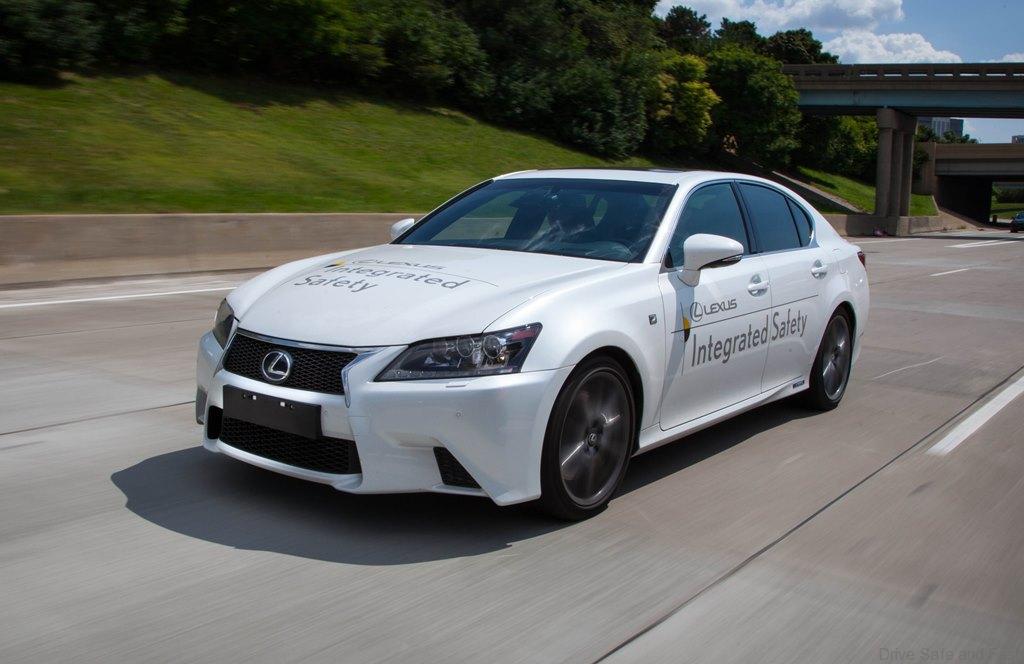Toyota will be using this year’s Tokyo motor show to communicate why talking cars are the future of cleaner, safer personal mobility.
The Smart Mobility City 2015 is an event running alongside the main Tokyo show this year that will be examining the relationship between automobiles, people and society and the role of personal mobility in the city of tomorrow. And it is where Toyota will be showcasing the progress it has made with its Intelligent Transport System (ITS) that enables cars to communicate with each other and with infrastructure elements such as traffic lights.
In other words, connected cars, an area where all automakers are busy developing solutions, but where Toyota is trying to establish an early lead. By the end of 2015 it will have two cars the Crown and the Prius on sale in Japan that boast the technology and is aiming to roll ITS out to European and U.S. customers by 2017.
Cars packed with radar, sensors and cameras can automatically stay in lane, maintain a safe speed from the vehicle in front and can even apply the brakes if a pedestrian steps out in front without looking as the latest high-tech safety features from the likes of Mercedes, Audi, BMW and, most recently Tesla, aptly demonstrate.
However, no set of cameras, no matter how smart, can see what’s coming around a bend or at a blind junction. Hence car-to-car communication. If all cars ‘talked’ to each other to say where they were, there would be no need to see around a bend in the first place.
That’s the concept behind car-to-car communication and its related car-to-infrastructure communication technologies and at the Smart Mobility City a specially adapted Prius will be demonstrating how these technologies can make approaching junctions, turning right into traffic and maintaining a safe distance simpler, safer and more intuitive.
In Japan alone, 40% of road traffic accidents are caused by a driver failing to notice vehicles or pedestrians at or near intersections.
The system can also help authorities better manage the road network. Knowing in real time how many cars are using a stretch of highway gives advanced warning of potential congestion while drivers can better conserve fuel by knowing if and when the traffic light is about to change from green to red.





